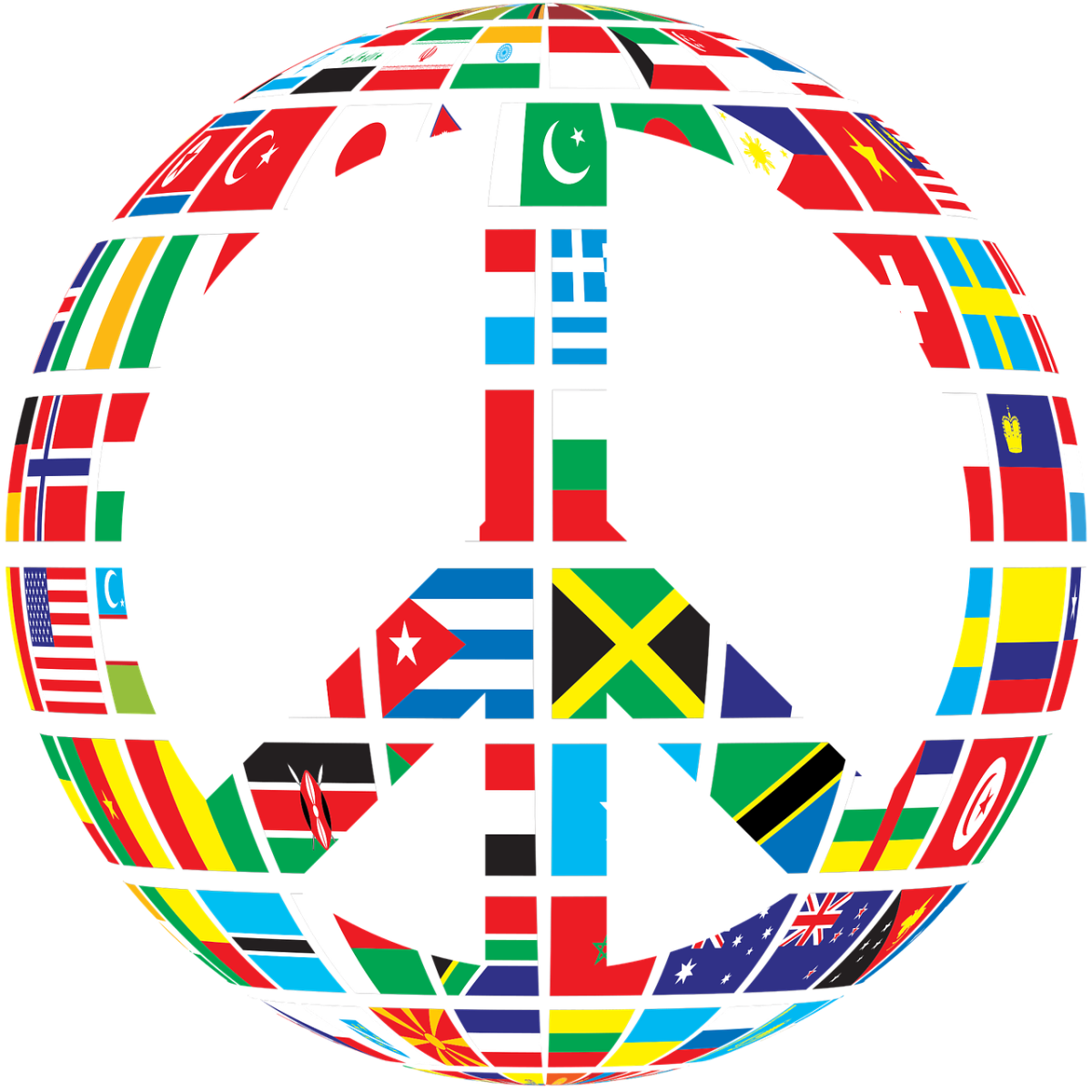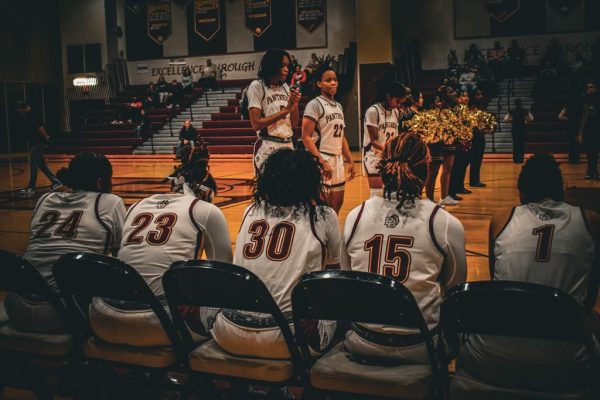The Importance of Black History Month
February 20, 2020
Before I get started on the importance of Black History Month, let me ask you a question: have you ever wondered why Black History month occurs in February, the shortest month of the year?
Originally, the Association for the Study of Negro Life and History, an organization founded by Harvard-alumni Carter G. Woodson and minister Jesse E. Moorland, created Negro History Week in 1932, which was “dedicated to researching and promoting achievements by black Americans and other peoples of African descent,’ according to History.com. Negro History Week was specifically made to coincide with Abraham Lincoln’s brithday on the 12th of February and Fredrick Douglass’ birth month of February. Additionally, the NAACP was founded on the centennial anniversary of Lincoln’s birthday, which gave the advocates another reason to place the week in February.
So, that’s the history as to why a month with a mere 28 – sometimes 29 – days was selected as the time in which you are allowed to celebrate black people out loud. This briefest of months is often critiqued as coming up short or minimizing black history, but the truth is, the timing of the month makes sense; what doesn’t make sense is the overall approach to black history all year long.
During Black History Month, you learn the same facts about the same beloved civil rights activists, the same black entrepreneurs, and the same black innovations on repeat. When are we going to learn about other people who have contributed greatly to our world. What about 15 year-old Claudette Colvin, who was the first woman arrested for defying bus segregation? How about the first man to actually stand at the North Pole, Matthew Henson, an African American explorer? Or fact that Mae Jemison was the first African American woman in space? The list goes on.
You see, it’s not that Black History Month is not important or too short, it’s the repetition in the educational system that makes it lackluster.
I had been raised as the first and only Ghanaian daughter of my parents, with the responsibilities of the mother of the house, which meant learning traditional cooking and cleaning and following my mom around the house in order to learn how to prepare myself for my future husband. For me, Black History Month has allowed me to gain insight into a culture that my Ghana-born cousins – the ones who compared me to a bratty American child – would never know. African American culture and history was something I had never been able to experience in my household, so when February rolled around I was excited. In school as a child, February meant that our eyes were opened to a new whole afro-centric world which wasn’t formally presented to us in the everyday curriculum.
Within my lifetime, I have been able to experience our nation’s first biracial president, which was monumental for minorities, especially African Americans. In February of 2009, we celebrated Black History Month with a black president, a level in representation that was
unfathomable fifty years prior when schools were still segregated and restrictions on voting rights still existed.
As time progresses, some continue to question why Black History Month remains in February, the shortest month of the year, a month which is highlighted by Valentine’s Day and President’s Day. If the purpose of Black History Month is to recognize our history and remind everyone of the progress of this country, does it matter how long it lasts or which month it is celebrated in? The answer is no if for no other reason than Negro History Week, which, as I mentioned earlier, Black History Month has its roots, was placed in Febraury intentionally, and should be respected.
As for the argument that our nation has progressed to the point that, perhaps, we do not need defined periods of time to celebrate specific groups. To this, I say you are simply fooling yourself. Black History Month is not seeking validation for the black experience, it exists simply to celebrate the beauty of a culture and people who, during much of our nation’s history, was not allowed to be celebrated.
Today we are able to look back at the work of Harriet Tubman in awe as we examine the sheer bravery and determination she displayed in working to free slaves. Today we are able to see the courage and unyielding faith that Madam CJ Walker had in the black community to create the first official line of Black Hair care products that fought the belief that natural hair was the embodiment of unprofessionalism. Today we are able to see the brilliance in the work Benjamin Banneker contributed to in the development of Washington, DC. Today we are able to see black artists and entreneupers excel out loud in the media.
Black History Month is not only important but necessary to new generations of Americans as the years pass. U.S. history is already white-washed in order to paint the country in a positive light with minimal focus on the atrocities that led to its success. Black History Month allows us to reflect on the actual truths of our nation. Whether it is painted in blood and gore or sunshine and rainbows, that history led us to the melting pot that it we live in today.
A part of this melting pot is you and I, and what we make of it will surely last, despite racial, ethnic, or gender differences. This month we celebrate Black History and in the months to come we will celebrate others who have faced discrimination or been marginalized in our society including women, Asian/Pacific Americans, Hispanic Americans, and Native Americans. We do all of this so everyone – even for the briefest of months – can feel celebrated and remembered in this melting pot we call home.








































